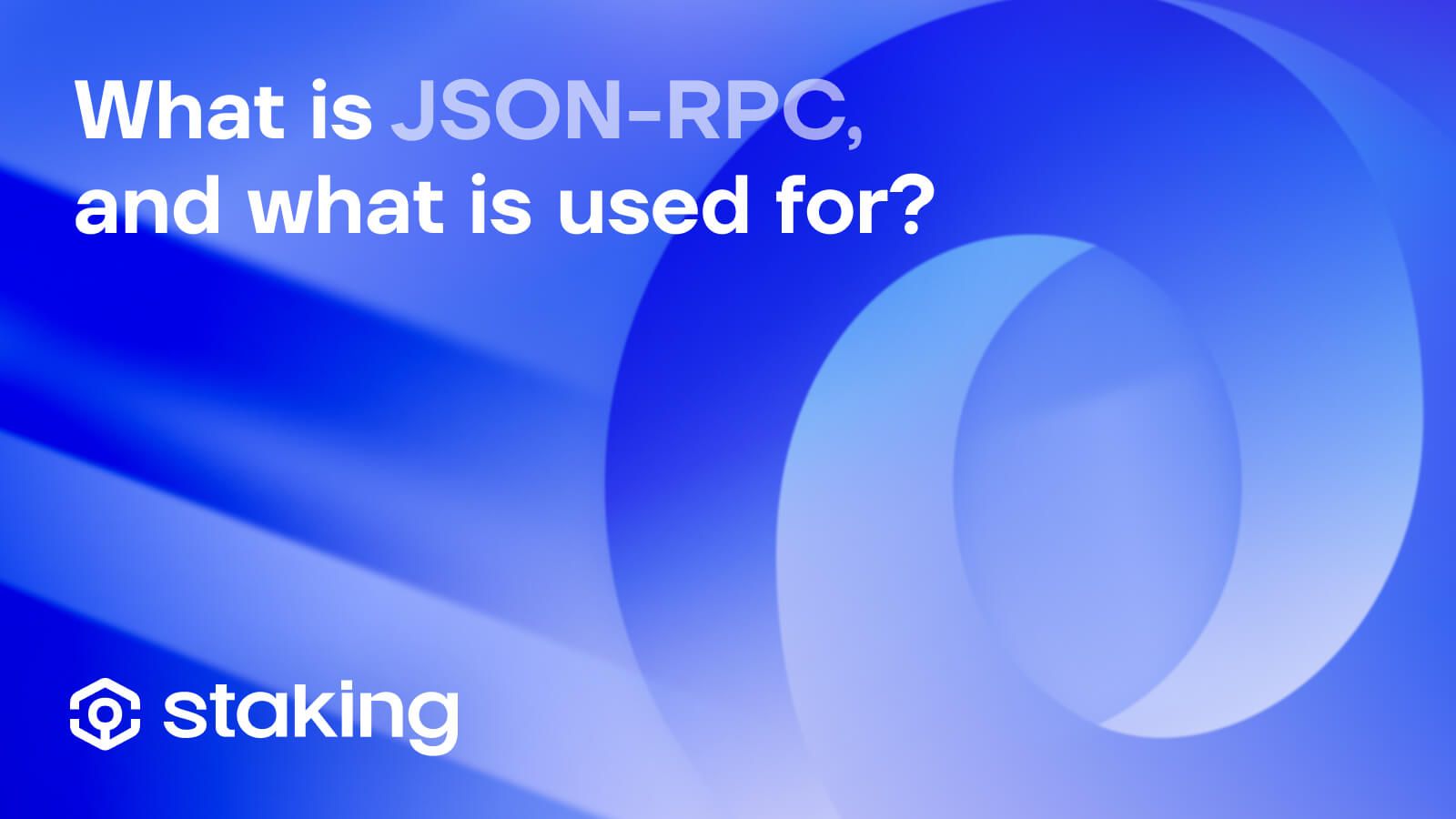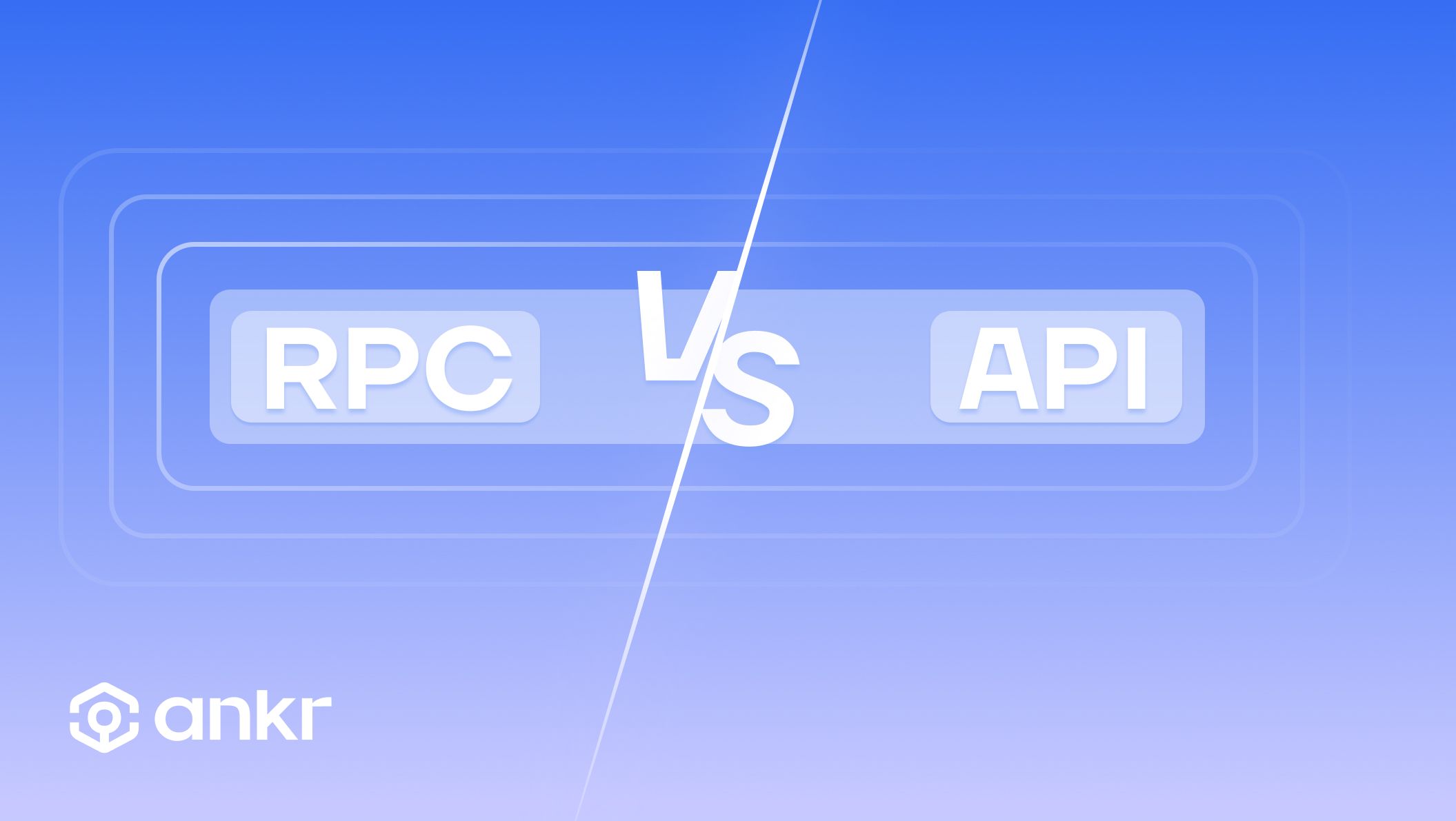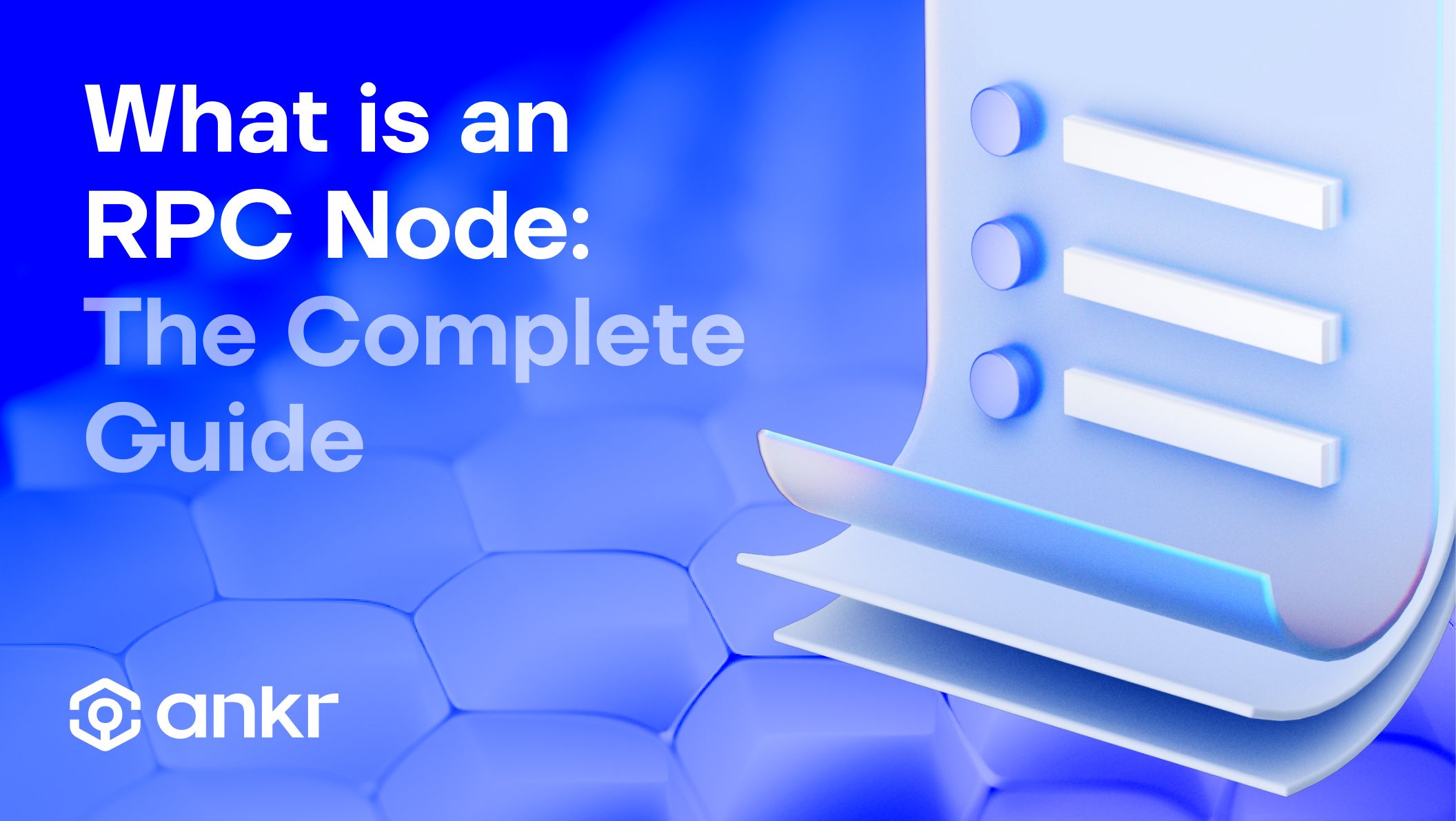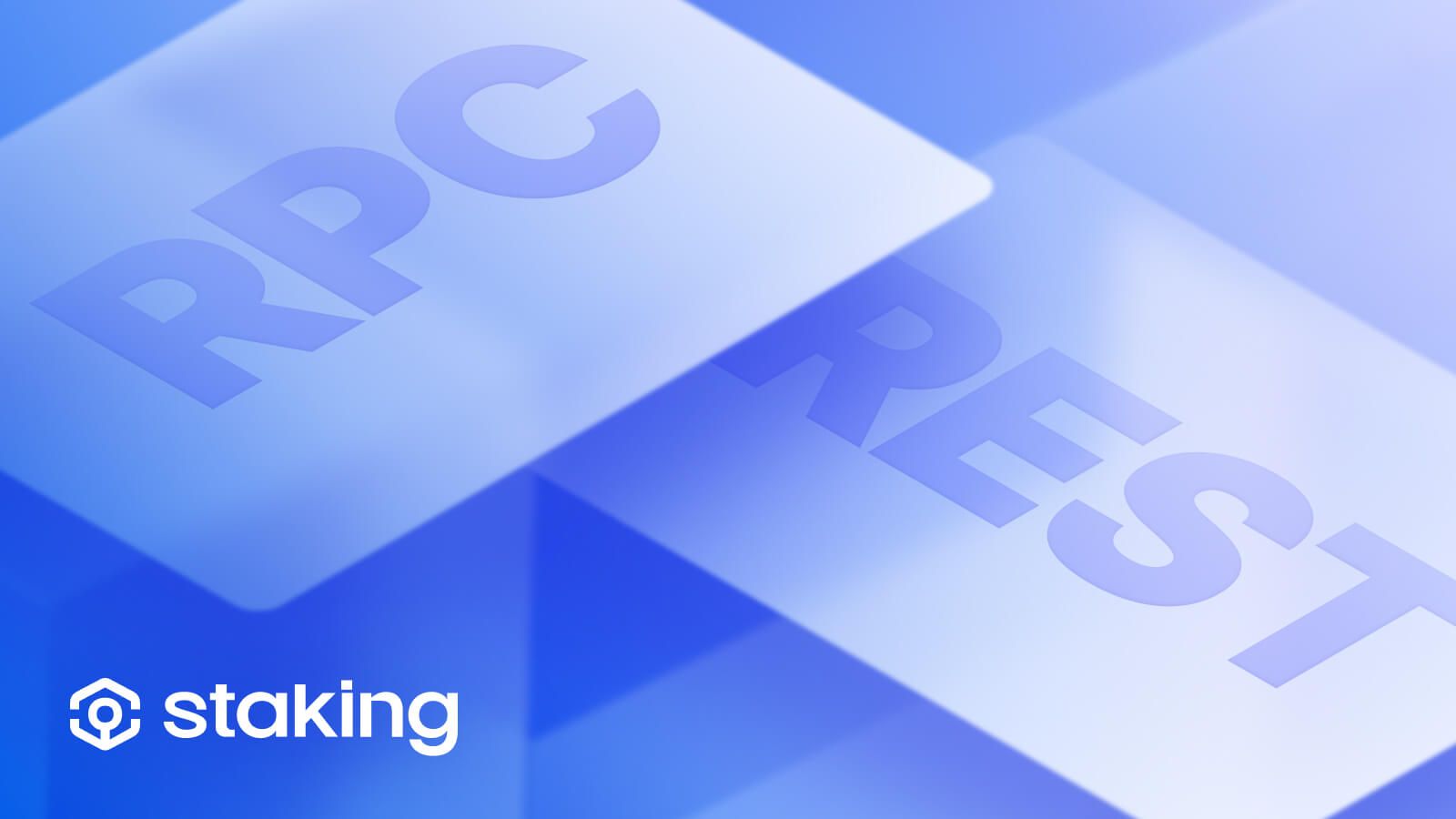What is JSON-RPC, and what is used for?

Kevin Dwyer
April 25, 2024
4 min read

JSON-RPC (JavaScript Object Notation Remote Procedure Call) is a lightweight remote procedure call protocol. It enables communication between a client and a server over a network by using JSON as the data format for both request and response messages. This protocol allows for the invocation of methods and functions on a remote server, similar to traditional remote procedure calls, but with the simplicity and flexibility of JSON.
Introduction to JSON-RPC
JSON-RPC serves as a protocol for communication between a client and a server, allowing them to exchange data in a structured manner. It is widely used in various applications, including web development, microservices architecture, and notably in blockchain networks.
JSON-RPC Applications in Blockchain Networks
In the realm of blockchain technology, JSON-RPC plays a crucial role in facilitating communication between clients, such as wallets or decentralized applications (dApps), and blockchain nodes. By leveraging JSON-RPC, developers can interact with blockchain networks programmatically, enabling functionalities like querying blockchain data, submitting transactions, and managing smart contracts.
JSON-RPC Empowers Blockchain Transactions
Blockchain transactions involve sending data to the network for processing and validation. JSON-RPC streamlines this process by providing a standardized interface for crafting and submitting transactions to blockchain nodes. Developers can utilize JSON-RPC libraries in various programming languages, including Python, to interact with blockchain networks seamlessly.
Unpacking JSON-RPC’s Essential Features for Blockchain
Key features of JSON-RPC for blockchain applications include its simplicity, flexibility, and compatibility with different programming languages. Its lightweight nature makes it suitable for resource-constrained environments, such as embedded systems or mobile devices. Additionally, JSON-RPC supports batch requests, allowing multiple operations to be combined into a single request for improved efficiency.
JSON-RPC’s Role in Promoting Interoperability
Interoperability is vital in the blockchain ecosystem, where multiple networks and protocols coexist. JSON-RPC contributes to interoperability by providing a standardized communication protocol that can be implemented across various blockchain platforms. This interoperability fosters collaboration and integration between different blockchain projects, enabling seamless interaction between disparate systems.
How does JSON-RPC’s Security work? Security is paramount in blockchain applications to protect sensitive data and assets. JSON-RPC incorporates security measures such as authentication, encryption, and access control to ensure the integrity and confidentiality of communication between clients and servers. Implementing secure communication protocols, such as HTTPS, further enhances the security of JSON-RPC-based interactions, safeguarding against potential threats and attacks.
What Is Ankr's JSON-RPC Service?
Ankr’s JSON-RPC Service is a critical component for blockchain developers to connect their dApps and blockchain projects to blockchain nodes for data requests and transaction execution.
- Ankr’s JSON-RPCs (Remote Procedure Calls) connect wallets, command-line interfaces, and dApps with an array of different blockchains. They act as messengers or blockchain routers that relay on-chain information between blockchain nodes, dApps, and ultimately end-users so they can execute necessary tasks like making transactions, populating wallet balances, fetching ownership information, and much more.
- Ankr’s JSON-RPC endpoints are a gateway for developers to interface directly with the variety of blockchain networks — a portal to communicate easily, remotely, and with no need to go through the DevOps of establishing their own nodes.
- Ankr provides a geo-distributed JSON-RPC service comprised of blockchain nodes running worldwide for incredibly low latency and reliable connections.
Use JSON-RPC Connections to 46+ Blockchains For Free!
Ankr’s RPC service solves the following developer troubles:
- Eliminates complex node ops - Ankr’s JSON-RPCs will completely remove the need for many developers to set up their own nodes, removing hours of time spent building, calibrating, and fixing node issues.
- Grants access to advanced tools - Ankr’s Premium RPC Plan instantly grants access to the best tools to build applications quickly, including:
- High request priority
- Global node locations
- Telemetry
- Debug mode
- Support Portal
- WebSockets (WS) capabilities
- Powers apps and open-source software - Connect with a cluster of high-performance nodes that holds the information you need to build and operate dApps with blockchain capabilities.
How to Implement JSON-RPC in Blockchain Projects
Implementing JSON-RPC in blockchain projects involves integrating JSON-RPC libraries or frameworks into the client-side applications. For Python-based projects, developers can leverage libraries like jsonrpcclient and jsonrpcserver to interact with JSON-RPC endpoints. By following the JSON-RPC specifications and utilizing appropriate libraries, developers can streamline the integration of blockchain functionality into their applications, enabling seamless interaction with blockchain networks. In conclusion, JSON-RPC serves as a versatile protocol for facilitating communication between clients and servers in blockchain networks. Its simplicity, flexibility, and interoperability make it an ideal choice for building robust and scalable blockchain applications. By understanding the fundamentals of JSON-RPC and its applications in the blockchain space, developers can leverage its capabilities to enhance the functionality and usability of their projects.
Read these other three articles and further increase your knowledge of blockchain infrastructure.
Similar articles.

What's the Difference Between RPCs and APIs?

Ethan Nelson
December 15, 2022
If you are just beginning your journey into the world of Web3 development, you may have come across terms such as "RPC" and "API" and...
![What Are RPC Nodes and Endpoints? The Complete Guide [2024]](https://s3-frontend-strapi.s3.us-west-1.amazonaws.com/rpc_node_a4828fc7d2.jpg)
What Are RPC Nodes and Endpoints? The Complete Guide [2024]

Kevin Dwyer
December 6, 2023

When diving into the world of blockchain development, you’ll soon come across a variety of terms and acronyms that can get confusing! Let’s tackle...

A Deep Analysis: RPC vs REST in Blockchain Infrastructure

Kevin Dwyer
April 3, 2024

As blockchain technology continues to evolve, developers are faced with numerous architectural decisions, one of the most crucial being the choice between Remote Procedure Call...



